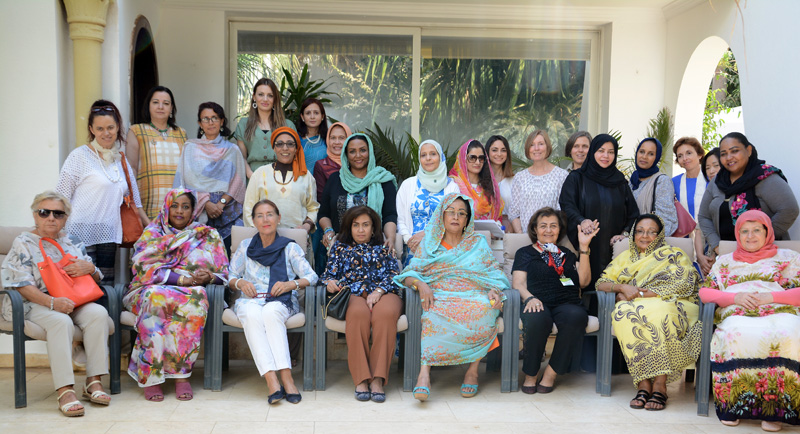Mycetoma Friends
Who are the Friends?
The Friends of the Mycetoma Research Center encompass individuals who aspire to endorse the endeavours of this globally recognised specialised center. These supporters actively contribute voluntarily through diverse means, placing special emphasis on enhancing the well-being of patients. Their primary focus involves dedicating time to advance social initiatives and generating funds, with the ultimate aim of enhancing the comfort and overall welfare of the patients under the care of the centre.
What do they do?
Numerous supporters among the Mycetoma Friends have actively mobilised resources to bolster the treatment and well-being of patients. They have reached out to multiple donors, seeking support for various initiatives undertaken by the center. Organising a plethora of events throughout the year, these Friends channels raised funds towards securing additional amenities and essential equipment to enhance the care provided to patients within the center.
Will You Become a Friend?
Would you like to be a part of this initiative and support the center’s vision? To become a Friend, please don’t hesitate to contact us at friend@mycetoma.edu.sd.
Kazuhiro Fujitani

Kazuhiro Fujitani is a dedicated journalist working for The Asahi Shimbun, one of Japan’s leading daily newspapers. Throughout his career, he has primarily focused on health-related reporting, having covered the Ministry of Health, Labour and Welfare in Tokyo. His work often involves analysing and reporting on policies, developments, and issues related to public health in Japan.
Beyond his coverage of domestic health issues, Kazuhiro Fujitani has a strong interest in global health concerns. He is particularly passionate about neglected tropical diseases (NTDs) and mycetoma, which affect millions of people worldwide, especially in underserved communities. His reporting aims to raise awareness about these often-overlooked health challenges and to highlight efforts to combat them on an international scale.
With a deep commitment to informing the public and contributing to health advocacy through journalism, Fujitani continues to explore the intersection of policy, health, and global development. His work not only informs Japanese readers about important health issues but also emphasises the importance of international cooperation and innovative solutions in improving health outcomes worldwide.
The Asahi Shimbun
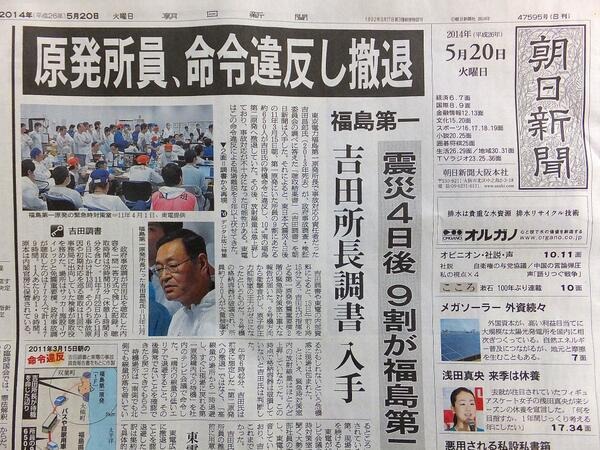
The Asahi Shimbun, founded in 1879, is one of Japan’s oldest and most respected daily newspapers. Recognized as a newspaper of record, it is known for its accurate, balanced reporting, in-depth investigations, and progressive stance on issues such as transparency, human rights, and social justice. The paper covers politics, economics, society, culture, and international affairs, serving a wide readership in Japan and among the Japanese diaspora. With a strong network of journalists, it remains a vital source of news, continuously evolving through its digital and multimedia offerings.
Khalid Hamid Youssif
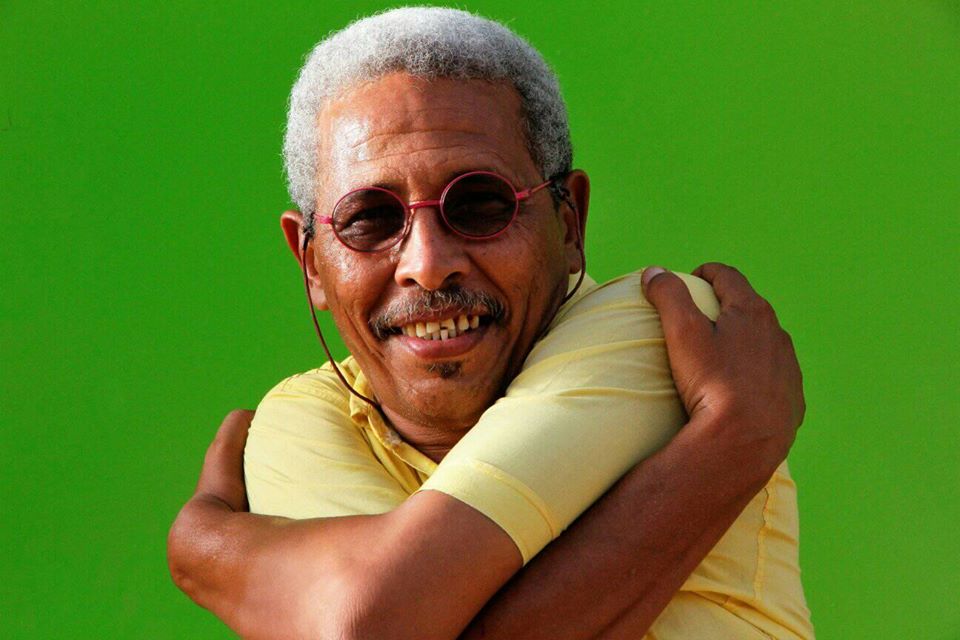
Khalid Hamid Youssif: A Renowned and Versatile Artist
Khalid’s remarkable artistic talent spans a wide array of styles, establishing him as a highly esteemed and gifted artist. Widely recognised as one of Sudan’s most influential and celebrated artists, Khalid defies the confines of traditional art schools. Instead, he is renowned for his revolutionary ideas that often break free from conventional artistic norms.
Beyond his artistic prowess, Khalid Hamid demonstrates a deep commitment to the Mycetoma Research Centre in Khartoum, Sudan. Actively participating in the Centre’s medical and social missions to mycetoma-endemic regions in Sudan, Khalid has documented the experiences of mycetoma patients and communities through thousands of captivating photos and videos. Furthermore, he generously donated magnificent paintings to the Mycetoma Friend Society.

Khalid’s dedication extends beyond his artistic contributions. He engages in open theatre events, facilitating extensive mycetoma health education activities and awareness initiatives. His multifaceted involvement showcases a passion for making a tangible impact on mycetoma-affected communities.
In recognition of his outstanding commitment and contributions, the Mycetoma Research Centre, University of Khartoum, proudly designates Khalid Hamid as a Mycetoma Ambassador for 2020 and an invaluable Mycetoma Friend.
Prof. Matthew Fisher
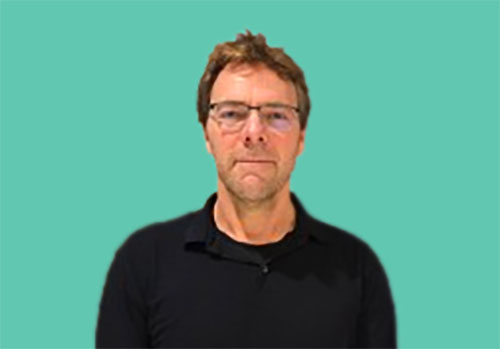
https://profiles.imperial.ac.uk/matthew.fisher
Professor of Fungal Disease Epidemiology
School of Public Health – Faculty of Medicine
Imperial College- London
matthew.fisher@imperial.ac.uk
Professor Matthew Fisher focuses on emerging pathogenic fungi, employing an evolutionary approach to understand the biological and environmental factors driving emerging fungal diseases in humans, wildlife, and plants. His research highlights the critical role of wildlife and their habitats in the emergence of new human infectious diseases (EIDs) by serving as a ‘zoonotic pool’ for previously unknown pathogens. Additionally, human activities influence fungal disease patterns by disrupting natural systems, introducing and spreading pathogenic fungi into new environments, and accelerating natural selection for traits such as resistance to antimicrobial drugs. These dynamics have contributed to the rise of new fungal infections in new areas, leading to novel human diseases and exacerbating existing ones. Fisher’s research team combines genomic, epidemiological, ecological, and experimental methods to identify the drivers of these EIDs and explore new diagnostic and control strategies.
Professor Fisher is a CIFAR fellow in the program ‘Fungal Kingdom: Threats and Opportunities’ and leads the ‘Fungal Pathogens’ theme within the ‘MRC Centre for Global Infectious Disease Analysis.’ He also serves as co-director of the Georgina Mace Centre for the Living Planet.
Prof Arnaldo Lopes Colombo
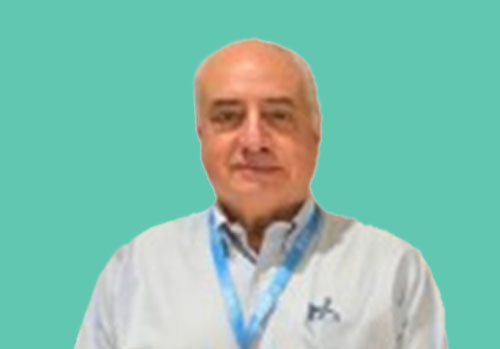
Federal University of São Paulo (UNIFESP), São Paulo Campus,
Paulista School of Medicine (EPM), Brazil.
arnaldolcolombo@gmail.com
Prof Arnaldo Lopes Colombo earned his medical degree from the Federal University of São Paulo (1983) and completed his residency in Infectious Diseases at Hospital São Paulo-UNIFESP (1983-1986). He holds a master’s degree in Infectious and Parasitic Diseases from the same institution (1989) and a joint Ph.D. in Medicine from the University of Texas System-UNIFESP (1994). Currently, he is a Full Professor in the Discipline of Infectious Diseases at the Federal University of São Paulo and serves as the Technical Director of the Special Mycology Laboratory. His leadership roles at UNIFESP include coordinating the Infectious Diseases Residency Program (1997-2000), the Medical Department’s Residency Program (2000-2002), and the Graduate Program in Infectious Diseases (2000-2007). He also served as the Vice President for Graduate Studies and Research at UNIFESP (2009-2012). He leads several multicenter studies in Brazil, focusing on the epidemiology of invasive Candida infections in tertiary hospitals, and participates in international networks that monitor emerging Candida species, including antifungal-resistant strains. Additionally, he has been a consultant for CAPES (since 1998), FAPESP, and CNPq, and has contributed to the last three CAPES triennial evaluations of Graduate Programs in Medicine II. He reviews for several prestigious national and international journals in the fields of infectious diseases, applied microbiology, and medical mycology.

